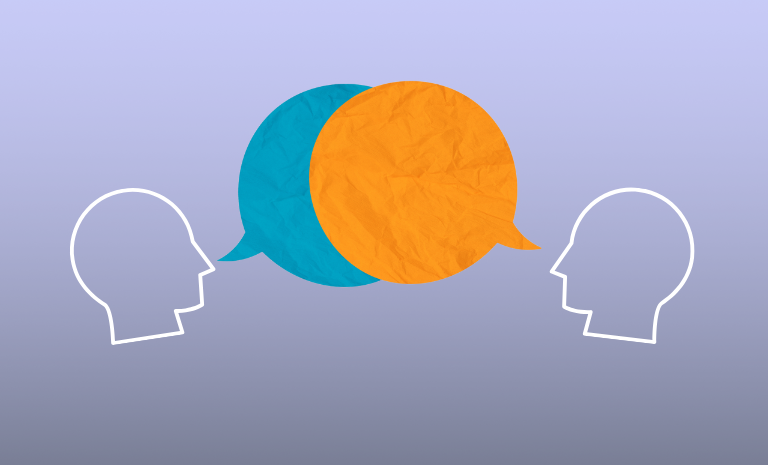Our Services
Treatment plans are provided by professional speech therapists for individuals with language, voice, speech, communication, literacy, or swallowing disorders:
Developmental Language Disorder
Insufficient understanding or expression abilities, which may lead to answering incorrectly, struggling to grasp sentence constructions, or failing to understand instructions.
Characteristics:
- Difficulty understanding others' speech or instructions
- Frequently deviates from the topic when answering questions in conversation
- Delayed language expression abilities, with a limited vocabulary used
Speech Sound Disorder
Commonly known as unclear speech, it may stem from issues with oral muscles, structural abnormalities, delayed speech sound mastery, or hearing impairments.
Characteristics:
- Unclear pronunciation, affecting communication effectiveness
- May be accompanied by oral structural abnormalities, such as misaligned teeth or limited tongue movement
- Hearing impairments may result in an inability to correctly imitate speech sounds
Fluency Disorder
Commonly known as stuttering, it involves repeating words, prolonging sounds, or interruptions while speaking, requiring effort to continue.
Characteristics:
- Involuntary pauses or repetitions during speech
- Feelings of tension or anxiety while speaking, which may affect social interactions
- Fluency issues may vary depending on the situation, often becoming more pronounced under stress
Voice Disorder
Symptoms include hoarseness, pitch issues, loss of voice, vocal fatigue, insufficient breath support, and difficulties in singing.
Characteristics:
- Voice becomes hoarse or unable to produce sound
- Unstable pitch, which may affect speaking or singing performance
- Overuse or injury of the vocal cords may lead to vocal fatigue
Hearing Disorder
Can be caused by congenital or acquired factors, affecting the ability to receive sound, which in turn impacts language, pronunciation, and voice quality.
Characteristics:
- Difficulty listening to or understanding language, affecting learning and social skills
- May be accompanied by other communication disorders, such as unclear pronunciation
- The severity of hearing impairment varies, ranging from mild to profound
Neurogenic Communication Disorder
Caused by brain diseases or injuries, affecting understanding, speaking, reading, and writing abilities.
Characteristics:
- Difficulty following instructions or responding correctly in conversation
- May exhibit disfluent speech or disorganized language
- Affects the ability to communicate with others in daily life







